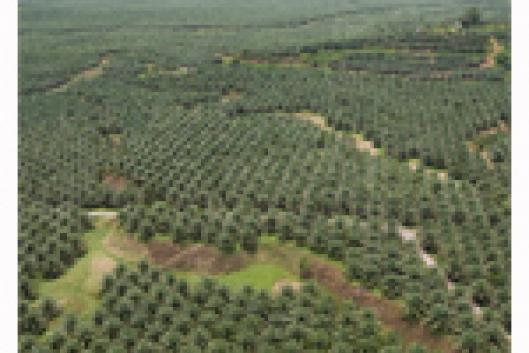Oil palm plantations in Palawan, as elsewhere in the Philippines, are portrayed as a key solution to lower greenhouse gas emissions and as a tool for poverty eradication. However, reality shows a different picture. A report from “Ancestral Land/Domain Watch” (ALDAW) explains the many reasons why oil palm development should be stopped. Among others, this monoculture takes over cropland and coconut groves which sustain local self-sufficiency. It also meant the clearing of significant areas of old and secondary forests which are used by local inhabitants for the collection of non-timber forest products. Oil palm plantations exponentially increase the presence of pests, erode soils and pollute important sources of water. Working conditions are poor and generally exploitative. Ambiguous strategies for taking control of indigenous lands through fuzzy rent agreements and illicit sale deeds are common. Indigenous people have leased their land to oil palm enterprises for as little as PHP 500 (around 10 euros) per year per hectare. Overall, the report concludes, oil palm expansion is at the expense of local economies and of existing diverse vegetation types. Essential resources (non-timber forest products, medicinal plants, game animals, wild honey, etc.), which are pivotal for daily household survival, have been completely depleted.
See full report at:
http://www.regenwald.org/files/en/ALDAW%20NTFP%20OIL%20PALM%202014%20REPORT.pdf
